
- This event has passed.
Sustainable Transport Events at Global Climate Action Summit (GCAS)
12 September 2018 @ 12:00 am
The Global Climate Action Summit (GCAS) will be a main venue for climate action and new commitments to mitigate climate change will be made at the event. The transport sector and members of the SLoCaT Partnership are going to be active at GCAS. Various events on sustainable, low carbon transport will be convened during the GCAS in San Francisco. If you want to add your transport event to this overview, please contact Nikola Medimorec, Senior Researcher, nikola.medimorec@slocatpartnership.org.
SLoCaT will have events on Wednesday, September 12, on the Transport and Climate Change Global Status Report and the Transport Decarbonisation Alliance.
Sustainable Transport Events at GCAS
The list will be further updated up to the summit.
| Tuesday, September 11th | |
|
Climate-Resilient Communities Organized by: UC Davis Policy Institute for Energy, Environment, and the Economy, Lawrence Berkeley National Laboratory, Meeting of the Minds |
|
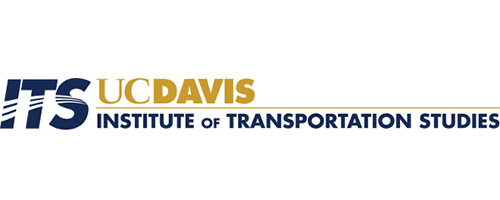 |
Different communities face different climate threats, including rising sea levels, increased incidence of drought, extreme heat events, more intense wildfires, and many others. A resilient community needs to be able to proactively prepare for, adequately respond to, and rapidly recover from climate impacts: for instance, by ensuring that accessible locations retain power, climate control, clean water, and mobility in a crisis. Many communities, especially those in small- and medium-sized cities, do not yet have the resources to build resilience. This session will highlight opportunities for researchers and communities to work together to develop and implement integrated community climate resilience strategies. Particular focus will be placed on the concept of resilience hubs, which provide necessities in extreme situations and service “normal” days to prepare for and enable community resilience. For more information, visit the UC Davis website. Or directly register here on Eventbrite. |
|
Superheroes for Sustainable and 100% Renewable Energy: Global Strategies for Decision-Makers Organized by: REN21, Global100%Re, World BioEnergy Association, REEEP, CANInt’l, Olivine, Inc., ISES, Stone Edge Farm Microgrid, The Center for Impact at CCA |
|
| Various |
Please join a collaboration of visionaries, leading global experts, policy makers, strategists, and technologists in sustainability and renewable energy from 12 different countries at this watershed Global Climate Action Summit Affiliate Event collectively hosted by nine organizations. This one-day forum will imagine a 100% renewable energy future that will allow us to meet climate goals. A select group of luminaries and high-level leaders and experts will convene to highlight strategies and technologies needed by corporate, public, and private decision-makers to succeed. Find out more about the event, please visit their registration page. |
|
Global Commercial Vehicle Drive-to-Zero Workshop Organized by: CALSTART |
|
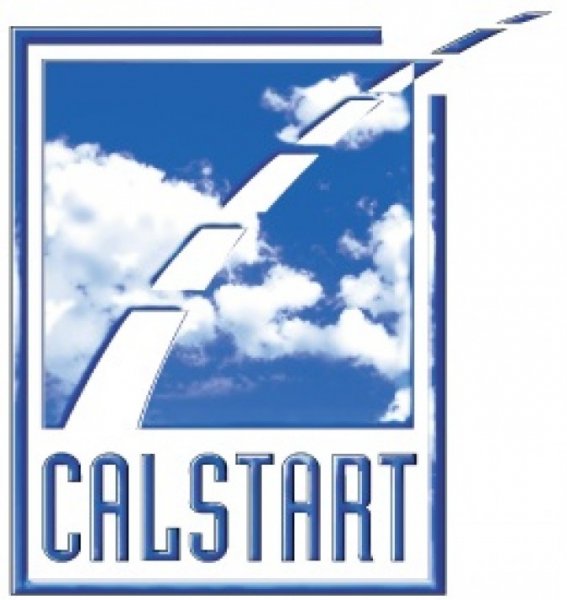 |
The Global Commercial Vehicle Drive to Zero is a workshop that will be launching a new program aimed at dramatically reducing greenhouse gas emissions by 2025. Based on extensive analysis, this new program will be aimed at making zero emission vehicle technology commercially viable in eight key medium- and heavy-duty vehicle markets that are global in nature. At the workshop industry and government leaders from around the world will be discussing plans to work together and coordinate efforts to put the commercial vehicle on a pathway where zero emission technology will dominate all sales globally by 2040. This is an invitation only event. For further information contact CALSTART’s Zoheb Mohammed (zmohammed@calstart.org). The event is followed by a receptio (5-6:30 pm). |
|
Harnessing the 3 Revolutions in Transportation for Climate Goals Organized by: UC Davis Policy Institute for Energy, Environment, and the Economy; Center for Law, Energy & the Environment (CLEE), UC Berkeley School of Law; Emmett Institute on Climate Change and the Environment, UCLA School of Law; Metropolitan Transportation Commission (Bay Area); Georgetown Climate Center; Uber |
|
 |
How can subnational governments leverage the coming “3 Revolutions” in shared, electric, and automated transportation to meet climate goals? Transportation technologies are evolving rapidly, and the course of their evolution will determine whether GHG emissions dramatically increase or drop as a result. Which outcome we see in the future depends on our policy decisions in the present. The driving question of this session will be: What policies will steer the 3 Revolutions toward climate goals? This event will empower states, regions, and cities with policy tools needed to harness these revolutions to reduce climate emissions. For more information, visit the UC Davis website. Or directly register here on Eventbrite. |
|
Zero Emission Transportation by 2030 – At Scale and At Speed Organized by: Norwegian Ministry of Climate and Environment |
|
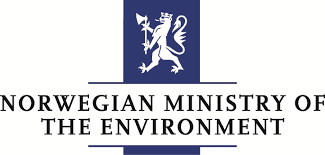 |
To meet the ambitions of the Paris agreement, world transportation needs to be decarbonized quickly, through new technological and logistical solutions. The transformation to zero emission transportation raises key questions for policymakers, investors and industries alike. Ambitious policies, investments in R&D, and forward-looking industries all have a part to play, in order to move to zero emission transportation at scale and at speed. Norway, with its long coastline, a large coastal fleet and a major international maritime industry, is at the forefront of decarbonizing maritime transport. Several US states and cities share the ambitions of zero emission transport. The maritime industry is international, and the pioneering solutions being deployed in Norway and other places can contribute to global low emission development. At this event, the challenges at global, national and local level to decarbonize the transportation sector will be discussed by political and industrial leaders. Key actors will provide different perspectives and examples of how the interplay between policy, innovation and forward-looking industries can deliver new solutions for zero emission ship transport. |
|
California-Germany Bilateral Energy Conference 2018 Organized by: California Energy Commission |
|
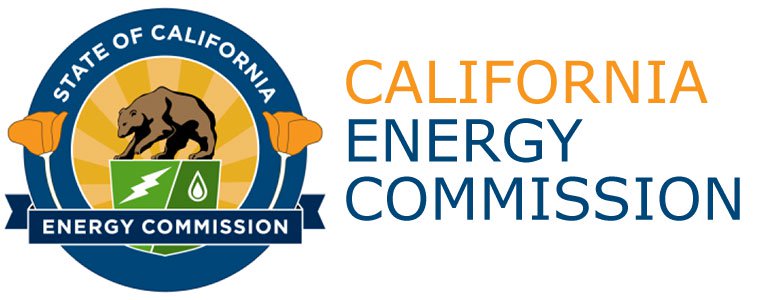 |
The California Energy Commission and the German Federal Ministry for Economic Affairs and Energy is partnering with the California Air Resources Board and the California Public Utilities Commission for the 2018 California-Germany Bilateral Conference. The conference will gather industry experts, think tanks, and policy makers from Germany and California to discuss recent developments and deepen the understanding of long-term trends in energy. With topics ranging from creating a climate-neutral energy sector to decarbonizing the transportation sector, the conference hopes to foster dialogue, strengthen networks, and inspire stakeholders who are leading the energy transition of their respective countries and regions. |
| Wednesday, September 12th | |
|
Transport and Climate Change Global Status Report (TCC-GSR): Tracking Trends, Increasing Ambition Organized by: Partnership on Sustainable, Low Carbon Transport (SLoCaT) |
|
 |
The event will include presentations and panel discussion, with invited participants including policymakers from the Netherlands (TBC) and Costa Rica (TBC), policy experts from the UNFCCC, and experts in low-carbon transport policy areas including walking and cycling, shared mobility, and renewable energy in transport. More information on the event here. |
|
Regional Transportation Policy Collaboration Organized by: UC Davis Policy Institute for Energy, Environment, and the Economy |
|
 |
The transportation sector is one of the largest sources of global GHG emissions. State and non-state actors working at various levels in North America and Europe have recently been strengthening collaboration on reducing transportation-related emissions. With some of these actors connected through transnational emissions trading, the need to learn from one another and to be able to respond to changing jurisdictional situations has never been more pressing and more promising. This session will bring together government leaders, policy researchers, and aspiring fast-follower governments from North America and Europe to identify more ways to increase climate ambition and improve implementation. Topics will include cap and trade, low-carbon fuel standards, zero emission vehicle standards, and renewable portfolio standards. The session will leverage existing UC Davis collaborations, including with Pacific Coast Collaborative jurisdictions, the International EV Policy Council, the Global Fuel Economy Initiative, and the Joint Clean Climate Transport Research Partnership. |
|
Setting the Scene for Climate Action in Mobility and Transportation Organized by: Government of the Kingdom of the Netherlands |
|
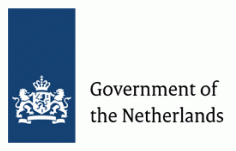 |
To achieve the ambitious goals of the Paris Climate Accord for decarbonization in the transportation sector, leadership and international collaboration are essential. Front running cities, regions, countries and companies lead the way to accelerate the transformation to zero emission transport. The Netherlands and a number of partners like the International Zero Emission Vehicle Alliance and the Transportation Decarbonization Alliance are taking initiatives in several key areas. Netherlands Minister for the Environment Ms. Stientje Van Veldhoven and other international politicians and high level officials, will focus on questions as: What does government action to accelerate development and innovation in clean transportation technology look like? What are sustainable energy options in freight transport and logistics? And in urban areas, what forms of transport will make the difference for climate resilient and cleaner cities? How best to promote them? The afternoon session will deep-dive into best practices and next steps forward in promoting smart and sustainable electric mobility. For more information and for registration, please visit the event’s Eventbrite page. |
|
Raising our climate mitigation ambitions: Toward all zero-emission vehicles Organized by: ZEV Alliance |
|
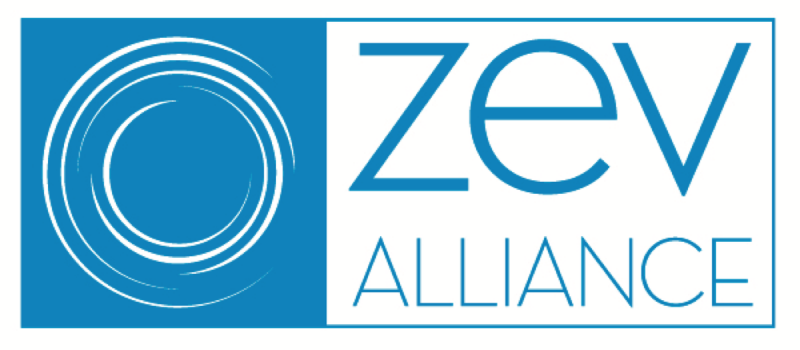 |
The International ZEV Alliance, a collaboration of 14 governments will host high-level discussion on how global leaders are working to transition to all zero-emission vehicles (ZEVs). This exchange will highlight how governments are implementing world-leading ZEV plans to achieve climate change, air quality, and industrial goals. Panelists will share their top lesson learned from the past year, and their top goal for the following year to accelerate ZEVs. The exchange will include Norway and the Netherlands, which aim for all ZEV sales by 2025-2030 and governments that are newly committing to begin their ZEV transition. More information on the event here. |
|
WWF’s One Planet City Challenge Global Awards Ceremony Organized by: WWF |
|
 |
From 132 registered contenders in this cycle, the 2018 OPCC Global Awards Ceremony will laud circa 20 national winners and, from these, the OPCC global winner. The ceremony will also include a special mention for reinforcing local democracy through citizen empowerment. The main audience will include the cities present at the summit, including our winning cities, selected members of the OPCC jury, invited media and partner organizations. We anticipate the total time to be about 90 minutes. Potentially, WWF and partners will also use this opportunity to make a joint announcement, regarding the OPCC’s updated evaluation framework, which is inspired by C40’s Deadline 2020 program and will help extend support to any type of city to develop action plans compatible with the Paris Agreement objectives. Thereby the event highlights the challenges ahead, but also the momentum of cities and city partners to work together to address climate change. For more information, please visit WWF’s GCAS event page. |
|
Transport Decarbonisation Alliance Organized by: Transport Decarbonisation Alliance |
|
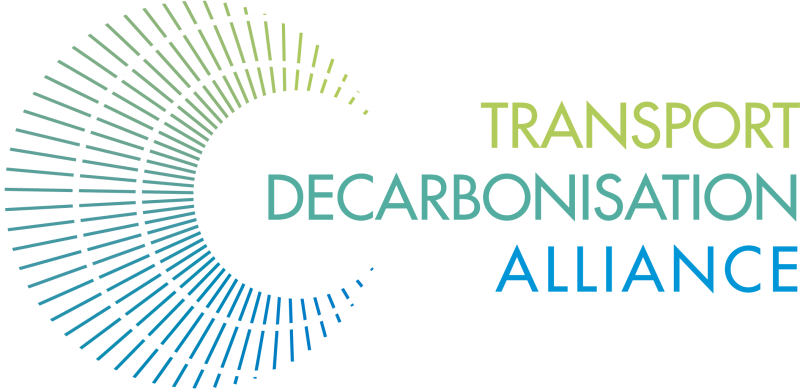 |
The Transport Decarbonization Alliance (TDA) brings together leading cities, companies and countries to accelerate the worldwide transformation of the transport sector towards a net-zero emission mobility system before 2050. The event, hosted by the Netherland’s State Secretary for Infrastructure and Water Management, will present the Alliance, its objectives, members’ activities as well as the Alliance’s work program. More information on the event here. |
|
Decarbonizing road transport Organized by: European Commission and ICCT |
|
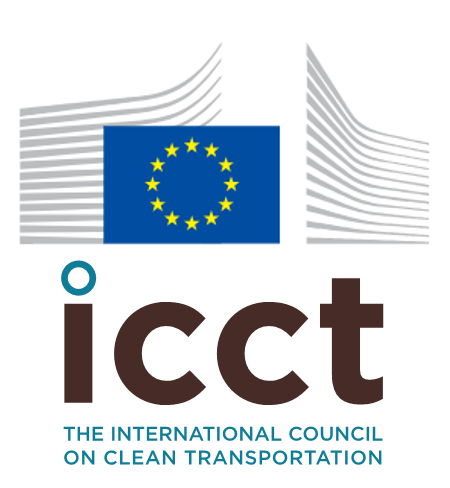 |
The European Commission with the help of ICCT will host a discussion by national and regional government leaders that have recently adopted or are developing ambitious policy frameworks to accelerate the transition towards low carbon mobility. Decarbonizing the road transport sector, which is key to reduce greenhouse gas emissions globally, will require the transition to zero- and low-emission vehicles. Regulators from regions leading the way will participate in two panels, one focusing on light-duty vehicles and another focused on expanding regulatory efforts targeting the heavy-duty freight vehicle sector. The European Commission and California will participate in the event. Other invited panelists include regulators from Canada, China, India, Mexico, and Japan. |
|
From Ambition to Action in Transportation Organized by: UC Davis Policy Institute for Energy, Environment, and the Economy, Agora Verkehrswende |
|
 |
Increased ambition in energy, transportation, and land-use systems is essential to achieving climate goals. Models of these systems provide insight into the viability of different levels of climate ambition and the lowest-cost, highest-benefit paths forward. The session will address possible targets in climate policy, such as: The session will highlight findings from the 3rd California Climate Policy Modeling forum, a major UC Davis undertaking. It will include leaders from other U.S. and international entities engaged in similar research. For more information, visit the UC Davis website. Or directly register here on Eventbrite. |
|
Energy, Transportation & Innovation A Discussion with U.S. Climate Alliance Governors & Business Leaders Organized by: U.S. Climate Alliance |
|
|
The global transport industry is changing rapidly, due to three revolutions: electrification, ride sharing and automation. Electric vehicle sales are on pace to reach over 1.6 million this year, up from just a few hundred thousand in 2016. However, in the same time period, cars passed power plants as the top source of US carbon emissions for the first time since 1978. This emissions pattern is expected to remain, even if electric cars move into the mainstream, unless a full decarbonizing of the transport sector is achieved. To do that, all options must be considered – including electrifying the vehicle fleet, alternative fuels and much more stringent efficiency measures across the board, and increasing public transport options – including ride sharing. Given the potential to provide deep energy and CO2 reductions, this session will look at the U.S. Climate Alliance Governor and industry experience in implementing and incentivizing the combination of transport electrification, automation and ride sharing. It will focus on celebrating first movers and interrogating successes and failures, exploring insights and learnings, and where to next. More information on the event here. |
|
|
Fast-Tracking Global Electric Vehicle Deployment Organized by: Natural Resources Defense Council |
|
 |
NRDC’s Global Climate Summit Affiliate event: Fast Tracking Global Electric Vehicle Deployment will consist of two panel discussions. The first will focus on the international landscape for electric vehicles and will bring together business leaders and senior officials from the world’s largest vehicle markets to discuss how they are helping meet subnational and national level commitments to bring electric vehicles to market, as part of a broader effort to address climate change, improve air quality and reduce reliance on petroleum. The second panel discussion will focus on charging infrastructure and will identify how companies and governments around the world are taking steps to expand the charging infrastructure network for electric cars, trucks and buses. The panelists will also address what gaps will need to be overcome to ensure widespread transportation electrification. Join us for an evening of light fare and drinks to socialize about transportation electrification and sustainable mobility while enjoying the electrified mobility display at the YBCA Forum and Grand Lobby. |
|
Soot-free and zero emission transport Organized by: Climate and Clean Air Coalition and ICCT |
|
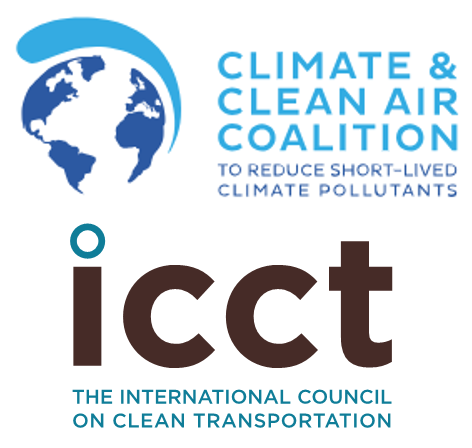 |
The Climate and Clean Air Coalition and the ICCT will bring together industry and regulators in support of harmonized global heavy-duty vehicle emission standards to eliminate black carbon emissions and aggressive action to transition to zero-emission buses and trucks. Adopted regulations already in place will require 65% of global new heavy-duty vehicles to eliminate black carbon emissions by 2021 and many governments have put in place policies in support of zero-emission goals. Members of the global industry partnership for soot-free clean buses have pledged to bring these clean vehicles even sooner to markets around the world. This panel will welcome new industry members to the partnership and expand the commitment to support soot-free vehicle standards and zero-emission investments. The panel will seek participation by California, China, India and Mexico, along with new and existing members of the global industry partnership. More information on the event here. |
|
From Pilots to Full Scale Operations – Fossil Free Transport in Sweden Organized by: Scania and Fossil Free Sweden |
|
 |
Sweden has the ambition to be the first fossil free welfare country. This roundtable event will discuss how we can move beyond innovations and pilots to full scale operation, with a particular focus on sustainable transport. In order to meet ambitious transport sector climate target in Sweden, the government, Swedish companies and local authorities have decided to set up five fossil free transport arenas to show the world that it can be done. This event is an invite-only. Please contact here for more information. |
|
United Cities Against GHGs: Diesel Free by ’33 Organized by: Bay Area Air District |
|
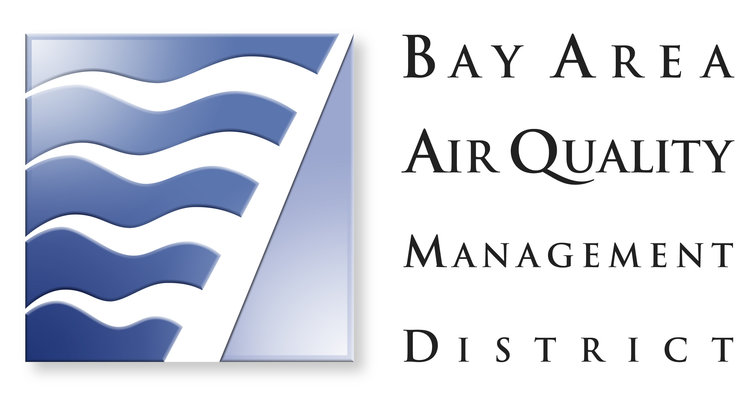 |
Join the Bay Area Air District, mayors and local elected officials, industry leaders and NGO’s coming together to discuss funding, technology and policies to phase out diesel and reduce greenhouse gas emissions for the health and well-being of our communities and the planet. United Cities Against GHGs: Diesel Free By ’33 will feature discussions about emerging technologies, funding sources, and innovative policy approaches that can launch cities toward climate stabilization, but that also deliver public health and other community benefits by making our cities diesel-free. The event will include a formal signing ceremony for the Diesel Free By ’33 Statement of Purpose (accessible at http://dieselfree33.baaqmd.gov/statement-of-purpose), and will feature world-class keynote speakers: Steve Kerr, Head Coach of the 2018 NBA Champion Golden State Warriors Tanya Muller Garcia, Secretary of the Environment, Mexico City This event is an invite-only.
|
| Thursday, September 13th | |
|
Driving Decarbonization: How Low Carbon Fuel Standards are Transforming Transportation, Saving Lives, and Igniting Innovation Organized by: below50, BIO & LCFC |
|
 |
Join policy makers and thought leaders from the U.S. and abroad to discuss key efforts to decarbonize the transport sector. Learn the nuts of bolts of low carbon fuel standards (LCFS) and the full range of LCFS benefits including GHG reductions, jobs and economic growth, fuel diversification, air quality improvements, and health benefits. This is an invite-only event, please contact here for more information. |
|
How Cities Transform from Dirty Traffic towards Sustainable Mobility Systems Organized by: Heinrich Boell Foundation North America |
|
 |
The transport sector causes heavy air pollution and high greenhouse gas emissions which lead to health issues and speed climate change. Transforming today’s dirty traffic towards a sustainable mobility system is one of the significant challenges for cities. Innovative solutions and ambitious scenarios have to be established to achieve cleaner air for their citizens and to contribute to reducing CO2 emissions. How can the transport sector be shifted from fossil fuels to a low emission system? How can cities improve infrastructure to support this shift? Which role do different technologies play in this transformation? What will the future mobility system look like, and how can it be established? At this panel discussion, policymakers will showcase successful approaches and share innovative strategies to creating a transformation towards a cleaner and low carbon mobility system within cities. |
| Friday, September 14th | |
|
Hydrogen Council Global Hydrogen Leaders Forum Organized by: Hydrogen Council |
|
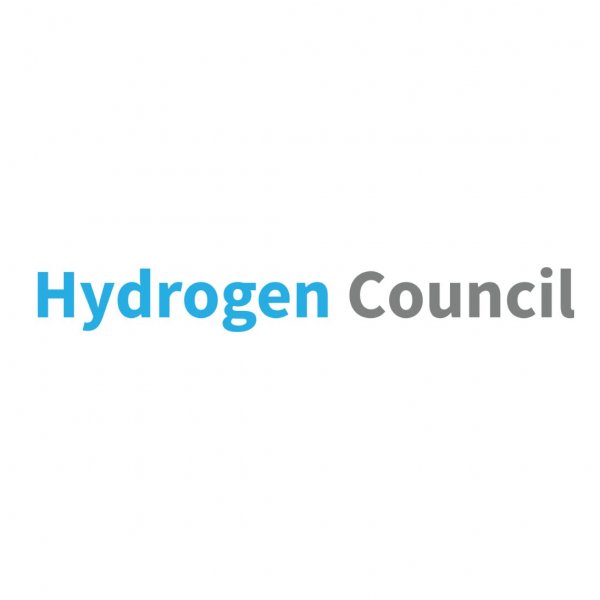 |
The Hydrogen Council Global Hydrogen Leaders Forum is the Council’s annual CEO meeting. The Hydrogen Council is a global initiative of leading energy, transport and industry companies with a united vision and ambition for hydrogen to foster the energy transition. The Council is comprised of 39 international member companies, and on this occasion, they will all convene to present to the world the power of hydrogen. The Forum is an opportunity for Hydrogen Council executives to engage with international policy-makers and stakeholders, and join forces to accelerate large-scale commercialization of hydrogen deployment across industries world-wide. This is an invite-only event. |
|
Aviation Climate Action Accelerator Organized by: San Francisco International Airport |
|
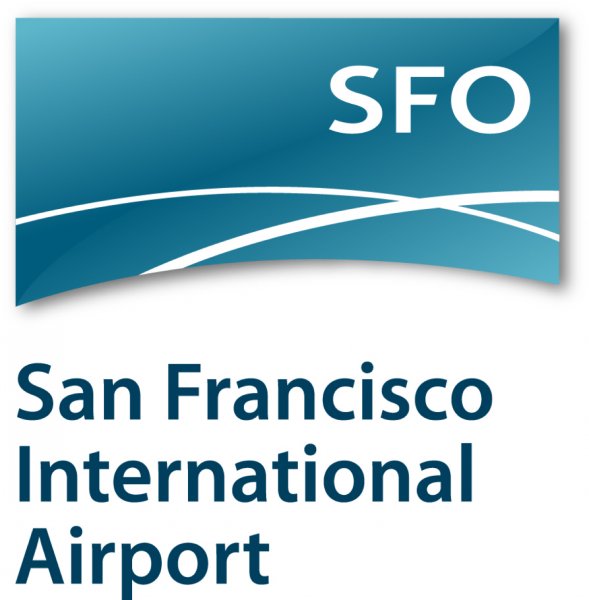 |
The State of California has selected San Francisco International Airport to be an official affiliate event host for GCAS. The Aviation Climate Action Accelerator (ACAA) will host a rich, facilitated and actionable dialog between public (airport), private (airlines, OEMs), policy (NGOs) panelists, each offering unique perspectives on how their organizations are engaging in pragmatic climate action at a critical moment in the history of our planet. Featuring cross-sector representatives, this three-panel event will showcase the power of international and subnational policies and projects in future-proofing critical infrastructure and assets, whether curbsides, concourses, cabins, or cockpits. This is an invite-only event, more event information here. |
|
Electrifying for a Decarbonized Future Organized by: Global Sustainable Electricity Partnership |
|
 |
The Global Sustainable Electricity Partnership (GSEP) is hosting a roundtable discussion on utilities, electrification of end-uses, and decarbonization. Mounting research shows that electrification of energy end uses –transport, lighting, heating and cooling, industry processes and others – will be absolutely necessary to achieve the climate goals set in the Paris Agreement. Electricity utilities will be crucial to this transition, providing low-carbon and affordable solutions to help other sectors and consumers move towards cleaner electricity in all steps of the value chain. At this event, leaders from the global electricity sector will speak about how electrification can help other sectors to decarbonize in the context of a rapidly evolving, digital world. The discussion will build on a recent GSEP report, “New electricity frontiers: Harnessing the role of low-carbon electricity uses in a digital era” which encourages action from industries and policymakers to achieve large-scale electrification. This is an invite-only event. Please contact Caroline Mei for information on how to attend. |
|
China Track: EV session Organized by: Energy Foundation China and CARB (Co-organizer: China EV100, UC Davis) |
|
 |
Welcome, Panorea Avdis, Director of CA Governor’s Office of Business and Economic Development Panel 1: China and California ZEV/NEV policies – challenges and opportunities Panel 2: Business innovative actions |